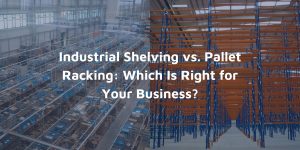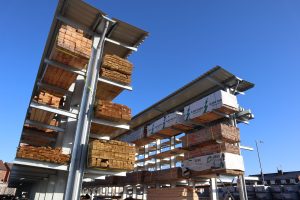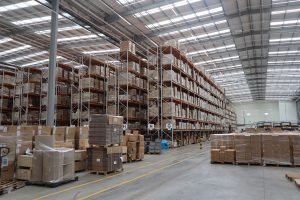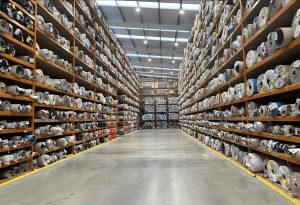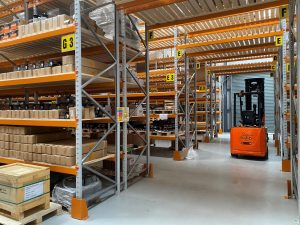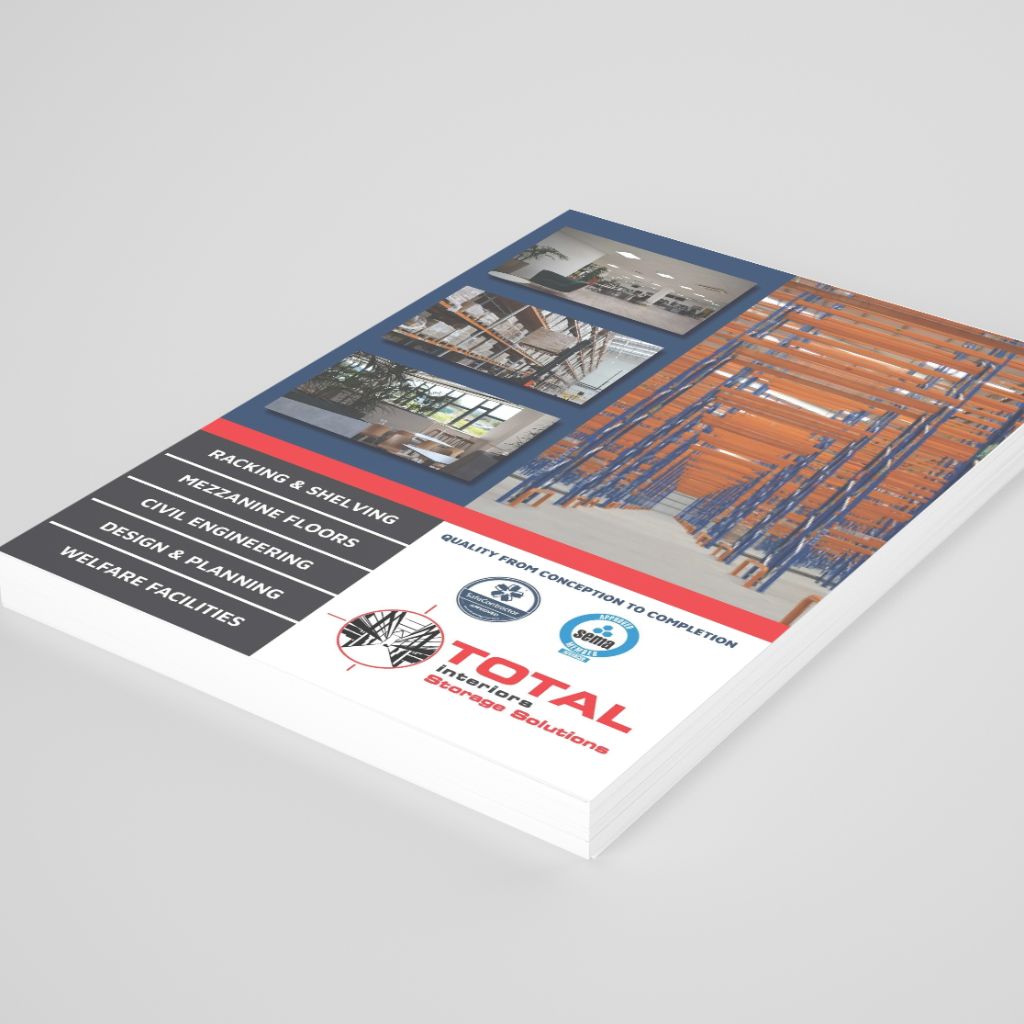Mezzanine floors are a game-changer for commercial environments. They offer a smart, efficient solution for businesses looking to maximise their space without the high costs and disruptions of a full-scale expansion.
In this guide, we’ll delve into what mezzanine floors are, the different types available, the materials used, and their most common applications in commercial settings.
What is a Mezzanine Floor?
A mezzanine floor is an intermediate level between the main floors of a building, typically not covering the entire floor area. In commercial spaces, mezzanines are used to optimise vertical space, allowing businesses to expand their usable area without increasing their building’s footprint. They’re perfect for adding storage, office space, or even additional retail areas.
Types of Mezzanine Floors
There are several types of mezzanine floors tailored to meet the diverse needs of commercial spaces. Let’s explore the most common ones:
Designed for warehouses and factories, industrial mezzanines are built to handle heavy loads and are ideal for storage or additional production space. They’re typically constructed from robust materials like steel to ensure durability and strength.
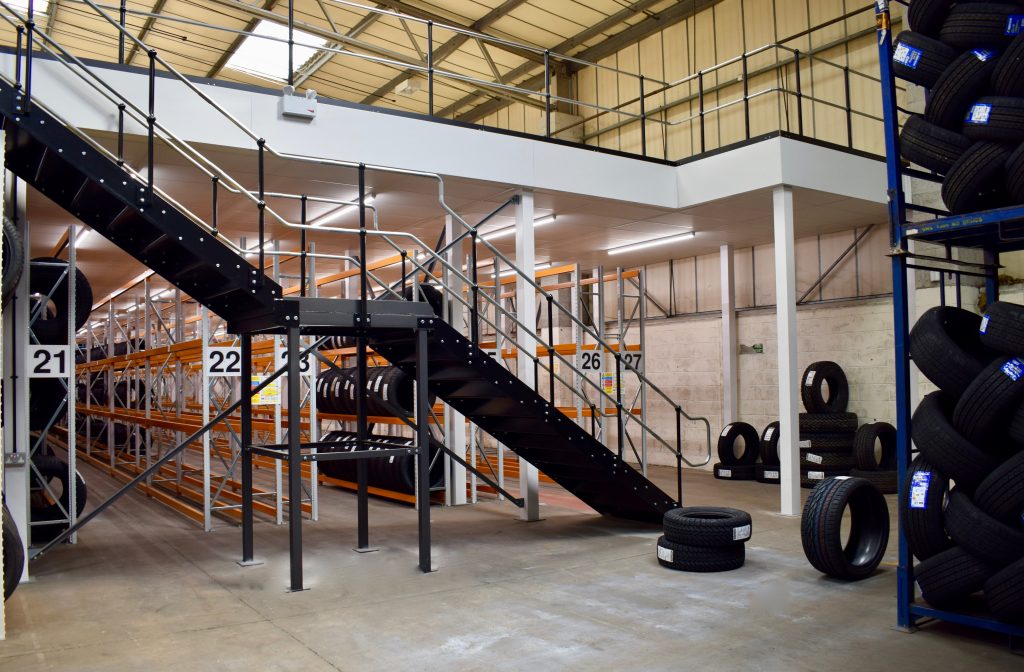
Office mezzanines provide a cost-effective solution for businesses needing more office space. They can be quickly installed and customised to include workstations, meeting rooms, and even recreational areas, enhancing the productivity and comfort of employees.

3. Retail Mezzanine Floors
Retail mezzanines are used to expand selling space, create unique display areas, or increase storage capacity. They help retailers maximise their floor space, allowing for more products to be displayed and improving the shopping experience for customers.
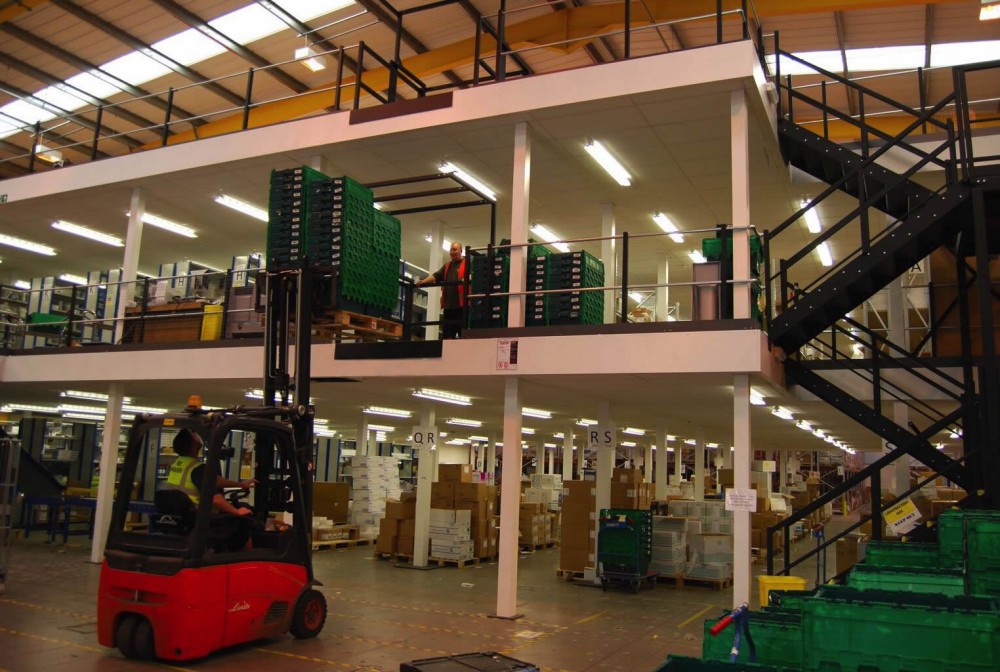
Materials Used in Mezzanine Floors
The choice of materials is crucial in determining the functionality and aesthetic appeal of a mezzanine floor. Here are some commonly used materials:
1. Steel
Steel is the go-to material for industrial and commercial mezzanines due to its strength and load-bearing capacity. It’s also highly customizable, allowing for prefabrication and quicker installation.
2. Wood
While less common in heavy-duty commercial applications, wood can be used for office and retail mezzanines where aesthetic appeal is important. It provides a warm, inviting look that can complement a variety of interior designs.
3. Concrete
Concrete mezzanines are used in scenarios where extreme durability and load-bearing capacity are required, such as in manufacturing facilities with heavy machinery.
4. Composite Materials
Composite materials combine the benefits of different materials, such as the strength of steel with the aesthetic appeal of wood. They offer flexibility and can be tailored to meet specific design and functional requirements.
Common Applications of Mezzanine Floors in Commercial Spaces
Mezzanine floors are versatile and can be used in a wide range of commercial applications. Here are some of the most common:
1. Warehouses and Distribution Centres.
Mezzanines in warehouses increase storage capacity without requiring additional building space. They help streamline operations by improving organisation and accessibility.
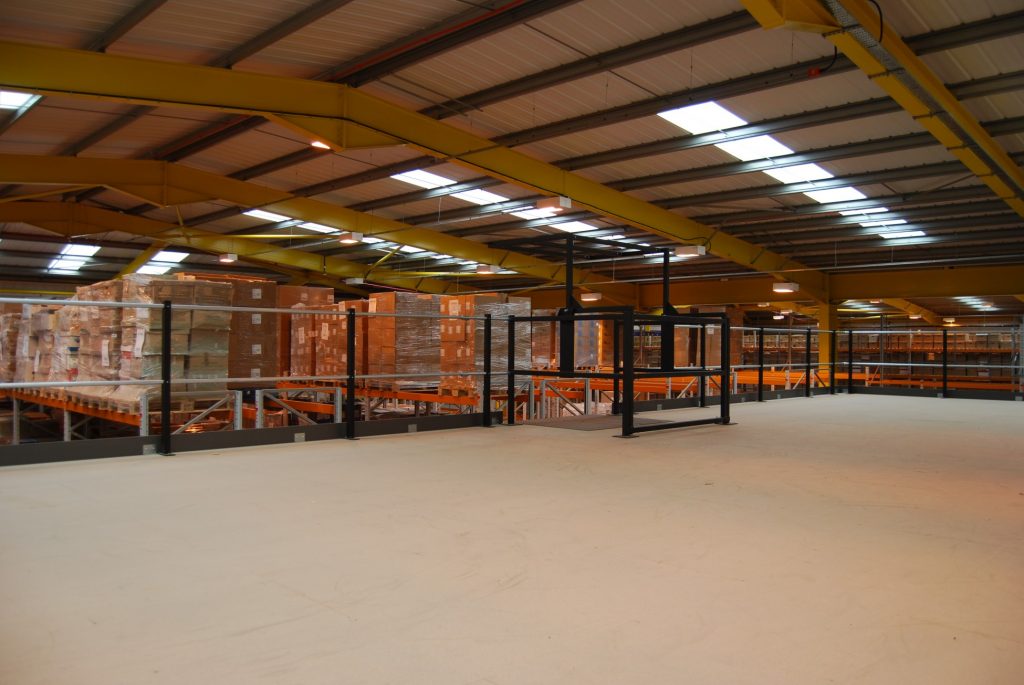
2. Manufacturing Facilities
In manufacturing settings, mezzanines can be used for production areas, equipment storage, or additional workspaces, optimising the available floor area and improving workflow efficiency.
3. Retail Stores
Retailers use mezzanines to create additional selling space, enhance product displays, or provide extra storage for inventory. This maximises the use of their existing space and improves the overall customer experience.
4. Offices
Office mezzanines are perfect for businesses that need to expand their workspace without relocating. They can be used for extra workstations, meeting rooms, or even recreational areas for employees, promoting a better work environment.
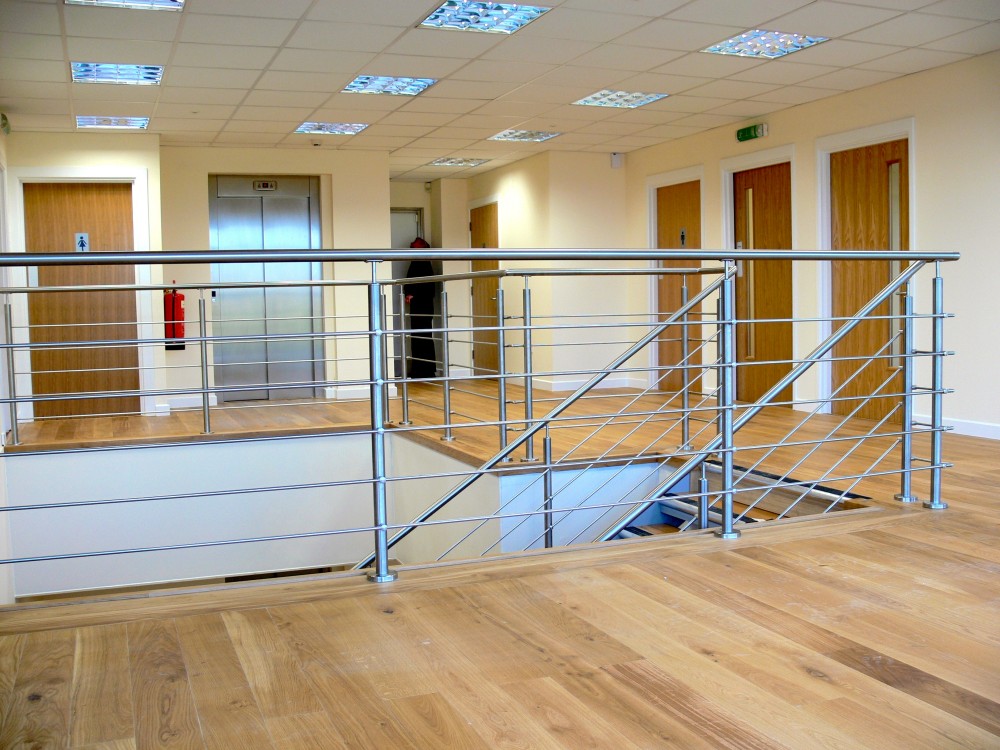
Conclusion
Mezzanine floors offer a practical and cost-effective solution for commercial spaces looking to maximise their potential. By understanding the different types, materials, and applications, businesses can make informed decisions about integrating mezzanine floors into their environments. Whether you need more storage, additional office space, or a better retail layout, mezzanines provide the flexibility and functionality you need.
Interested in exploring mezzanine floors for your commercial space? Contact our team today to discuss your specific needs and start planning your mezzanine project.







